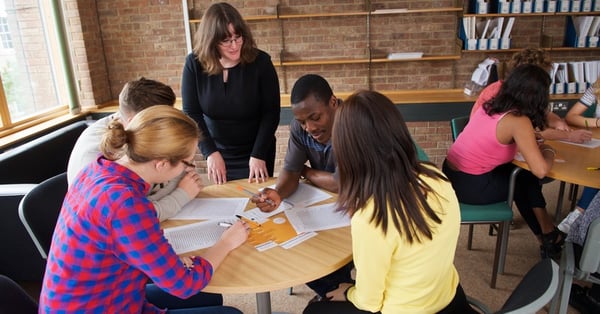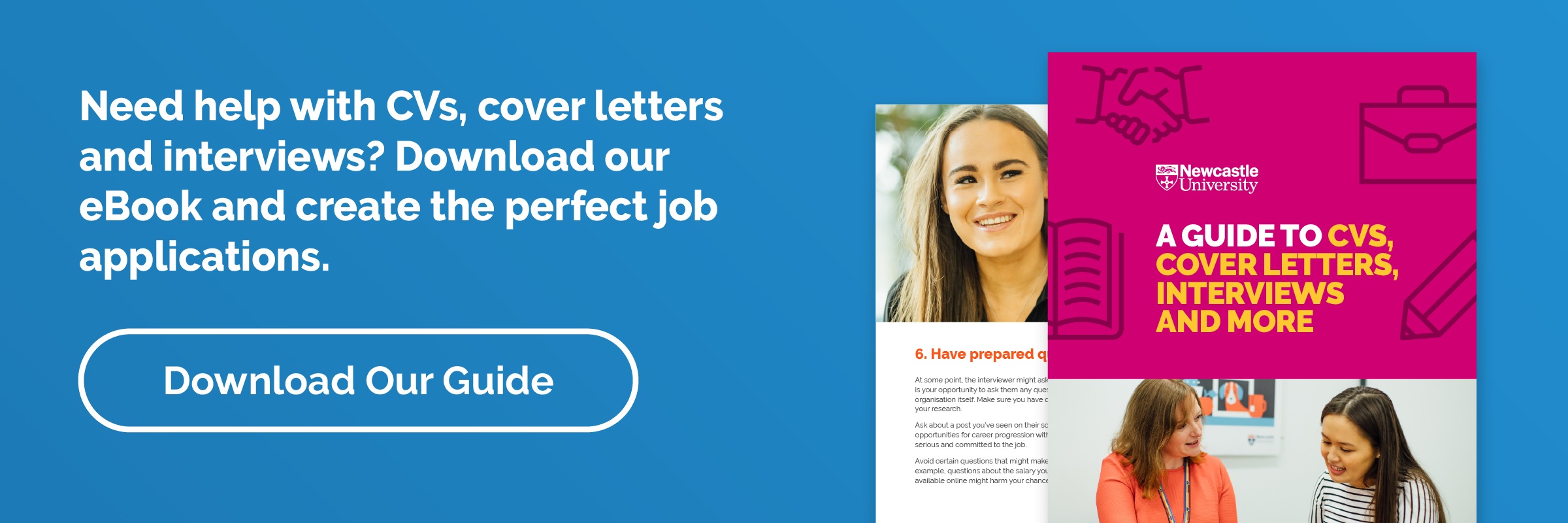Personal brand statement is not a term commonly used in the UK, it’s what's known as a "personal profile" at the start of a CV. Think of your personal brand statement as telling your employers who you are and what you’ve got to offer their business. In a competitive market, this can strengthen an application and also be a good place to start for future employment opportunities.

It’s important to start thinking about having a personal brand statement now, even as a student, so you can be prepared for the working world.
Why is it important to have a personal branding statement?
Personal branding has been used in the workforce for some time now. Even if you’re not actively looking for any type of work, your personal brand is important for the development and success of your future career.
This short statement will be the first thing potential employers see at the start of your CV, LinkedIn profile or application form, so it’s important to get it right. The best personal branding statements are catchy, memorable and attention-grabbing.
When you build your personal brand, you’re not just showcasing your skills, achievements and strengths but also your personality and passions. An effective personal brand statement is short and easy to read, so choose your words carefully.
Here are some examples to inspire you, they are quite generic but can be used as a starting point.
Engineering example: “I enjoy all things engineering and have a passion for how things work. I love to find creative solutions to difficult problems and seeing positive results."
Finance example: “I’m ambitious, hard-working and enthusiastic about numbers - all traits that are perfectly suited to the world of finance.”
Science example: “From an early age, I’ve loved learning about the human anatomy, scientific experiments and the wider world around us."
Business example: “Seeing the hard work and determination that my parents put into their own business has inspired me to follow a similar career path."
Law example: “I want to pursue a career that allows me to help people. I’ve always been passionate about justice.”
These are just generic examples to get you started. We have example CVs on our website to give you an idea of what we suggest.
Our best tips for writing your own personal brand statement

Don’t put off creating your statement. It’s such a powerful marketing tool and you’re going to want to spend enough time on it to make it fantastic. You can even put it on your LinkedIn profile. Here are some helpful tips for writing this statement…
List your relevant skills
This may seem a little obvious or simple. But, when you find a quality or skill that only you and a few other people have, it can help a lot.
The goal here is to find the things that separate you from your competition and make you unique. Make sure they are your most relevant skills.
Be honest
It’s tempting to exaggerate your abilities. However, don’t say you’re “the best” or a “leader in the field of…” unless you actually are. And if you are, give evidence - such as examples of real-life situations that demonstrate your expertise.
Use words that the audience will understand
Even though you want it to stand out, remember that using complicated or technical words may not impress your audience. It might make your statement harder to read.
Or, you might misunderstand what the word means and end up using it incorrectly which can put potential employers off.
Instead, only use words that your audience will be able to understand.
Update it regularly
Even though it takes time, your personal branding statement should be updated before every new job application so it’s tailored to each role.
Now that you know what a personal brand statement is, you can start thinking about everything else that helps towards developing your future career.
Get ready with our guide to personal statements, CVs and working life
At Newcastle University, we support you with everything career-related, but there are certain things like interviews and securing a job in the UK that you need to do yourself. Don’t worry, you can always ask our Careers Team for advice. They can help with everything from CVs to job applications.
We also have a useful guide that can help prepare you for life after graduation. From how to write a CV and cover letter to interview tips, download your free copy below.
